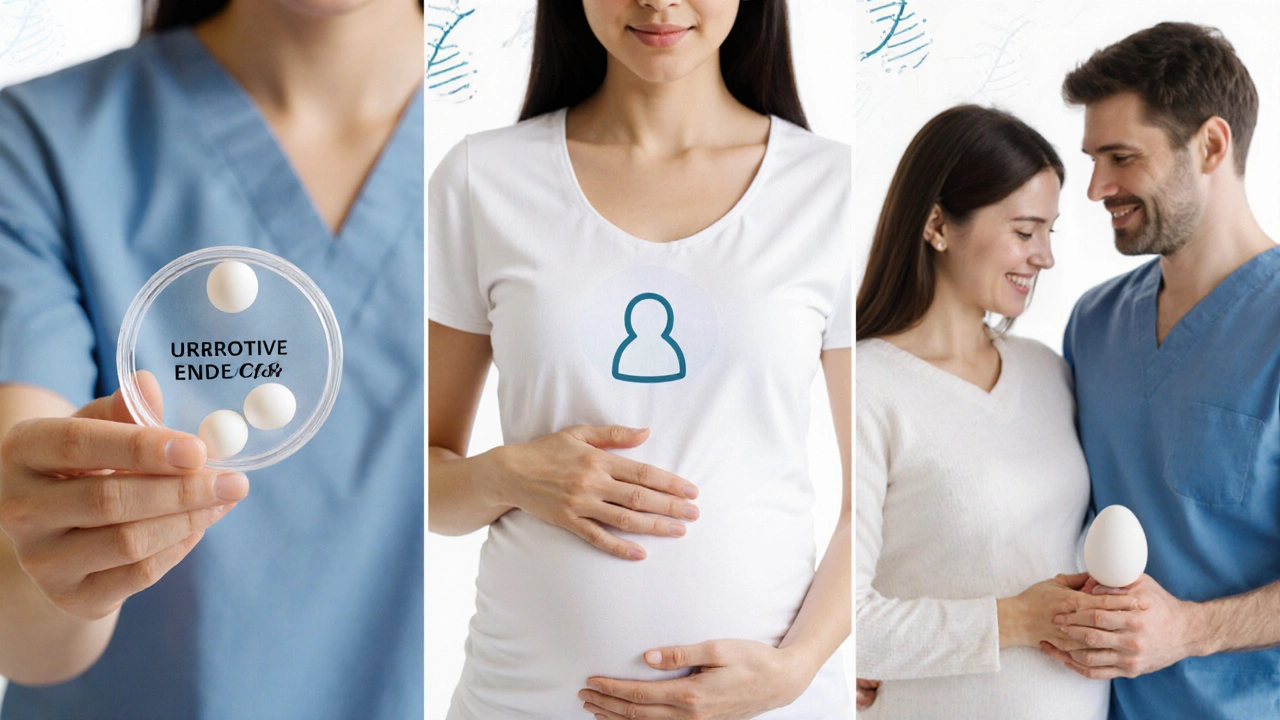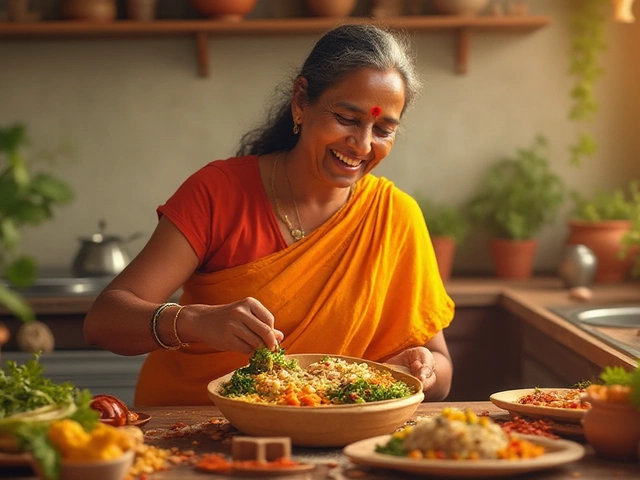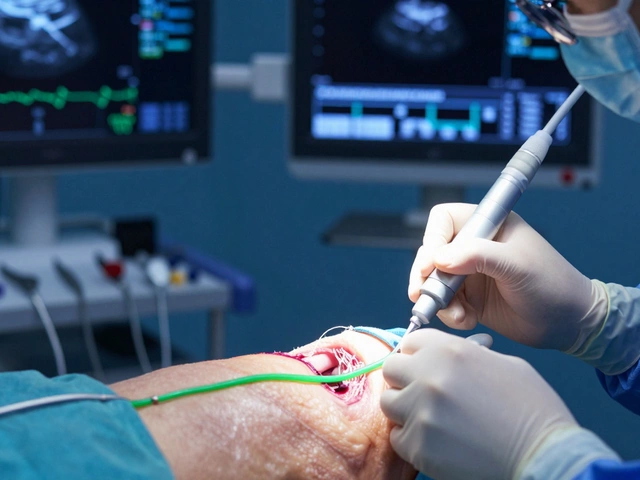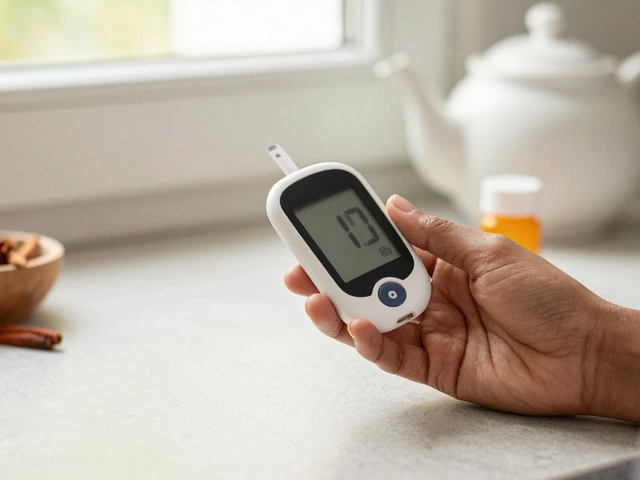The biological mother of an IVF baby is the woman who provides the egg-not necessarily the one who gives birth. Learn how genetics, surrogacy, and donor eggs shape parentage in IVF.
Read MoreIVF Egg Donor: What You Need to Know About Donor Eggs and IVF Success
When someone needs IVF egg donor, a woman who provides her eggs for another person’s in vitro fertilization treatment. Also known as egg donor, it’s a common path to parenthood for people with low egg quality, early menopause, or genetic risks. Many couples and individuals in India turn to this option when their own eggs won’t lead to a successful pregnancy. It’s not just a medical step—it’s a deeply personal decision that involves trust, emotion, and clear information.
The egg donation process, the medical and legal steps involved in using donated eggs for IVF starts with screening donors for health, genetics, and lifestyle. In India, clinics follow strict guidelines under the ART Act 2022. Donors are usually under 35, physically healthy, and often known to the recipient—like a friend or family member—or anonymous through a clinic. The donor takes hormone shots to stimulate egg production, then undergoes a minor procedure to retrieve the eggs. Those eggs are fertilized with sperm in a lab, and the resulting embryos are transferred into the recipient’s uterus. It’s not as complicated as it sounds, but the emotional weight? That’s real. Many people worry about the pain of IVF shots, and while the needles can sting, the bigger challenge is often the waiting, the hope, and the fear of failure.
IVF success rates, the percentage of cycles that lead to a live birth using donor eggs are among the highest in fertility treatment. In India, clinics report success rates of 50–65% per transfer with donor eggs—far better than using your own eggs if you’re over 40. Why? Because donor eggs come from young, healthy women with proven fertility. This is why so many women who’ve struggled with repeated IVF failures turn to donor eggs. It’s not a last resort—it’s often the smartest choice. And while cost varies, India offers some of the most affordable IVF options globally, especially compared to the US, where prices can hit $20,000 or more.
You’ll also find that fertility treatment India, the range of assisted reproductive services available across Indian clinics is growing fast. Cities like Mumbai, Delhi, and Hyderabad have top-tier labs with international standards. Many clinics offer full packages—donor matching, legal paperwork, IVF cycles, and even counseling. You don’t need to travel abroad to get high-quality care. And if you’re worried about ethics or anonymity, Indian law protects donor privacy while giving recipients clear rights.
What you’ll find in the posts below are real stories and facts that cut through the noise. You’ll learn how painful IVF shots really are, what happens after you get pregnant with donor eggs, and how soon you can try again after a failed cycle. There’s also info on IVF after having a baby, and how age and health affect outcomes. No fluff. No marketing. Just what you need to decide with confidence.





